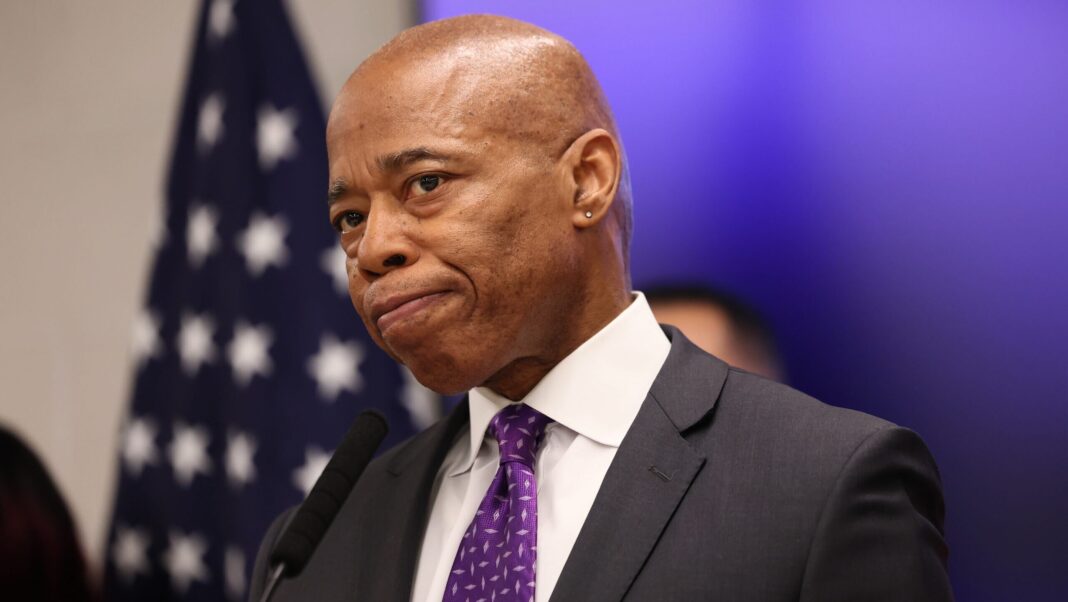New York City Mayor Eric Adams Ends Reelection Campaign
In a surprising turn of events, New York City Mayor Eric Adams announced on Sunday that he would not seek reelection. This decision, revealed in a video shared on social media, marks a significant shift in the political landscape of the city, sparking widespread discussion and speculation about the implications for future candidates.
Achievements and Challenges
In his announcement, Adams reflected on his tenure as mayor, highlighting a notable decrease in violent crime as one of his proudest accomplishments. He presented an optimistic view of his time in office, emphasizing the progress made under his leadership. However, he expressed frustration over the constant media speculation regarding his potential political future. This environment, coupled with the New York City campaign finance board’s decision to deny public funding for his reelection bid, made it untenable for him to continue his campaign. “Despite all we’ve achieved, I cannot continue my reelection campaign,” he asserted, signaling a defeat that few anticipated just days earlier.
The Rollercoaster Campaign
Adams’ campaign had been under pressure for several months, particularly following a now-dismissed federal bribery case that hung over him like a dark cloud. Even amidst this turmoil, Adams maintained a staunch public stance about staying in the race, insisting that New Yorkers don’t “surrender.” His dramatic change of heart is particularly notable given the recent speculation surrounding his viability as a candidate, which began to proliferate more than a year ago.
Political Dynamics and Future Implications
With Adams stepping back from the race, the political landscape is poised for shifts, notably benefiting former Governor Andrew Cuomo. As a centrist like Adams, Cuomo has positioned himself as a strong contender, claiming to be the only candidate capable of thwarting the Democratic nominee, state Assemblymember Zohran Mamdani. While Cuomo’s reemergence may attract some constituents of Adams, it remains uncertain whether enough political capital can be gained from this situation to make a meaningful impact in the election.
Rising Star: Zohran Mamdani
At just 33 years old, Mamdani represents a new wave of leadership for New York City. If elected, he would be the youngest and most liberal mayor in generations, focusing on key issues such as the rising cost of living in one of the world’s priciest cities. His recent victory over Cuomo in the Democratic primary, achieved through promises of progressive reform and economic justice, showcases a shifting electorate that is increasingly interested in bold, innovative solutions to longstanding issues.
A Complicated Republican Landscape
On the Republican side, Curtis Sliwa remains in the race, attempting to make his mark amid internal party disputes. Notably, former President Donald Trump publicly criticized Sliwa, stating he was “not exactly prime time,” which further complicates the Republican narrative as the election approaches. Sliwa will need to navigate these waters carefully if he hopes to secure any significant support.
Conclusions in Flux
As Eric Adams’s campaign draws to a close, the implications for New York City’s political future are manifold. The landscape now shifts dramatically with Cuomo’s potential resurgence and Mamdani’s promise of progressive change. The reactions of Adams’s supporters and how they align in the wake of this unexpected announcement could define the upcoming election, setting the stage for a transformative chapter in the city’s governance. The political community, both locally and nationally, will be watching closely as these evolving dynamics unfold in the coming months.



